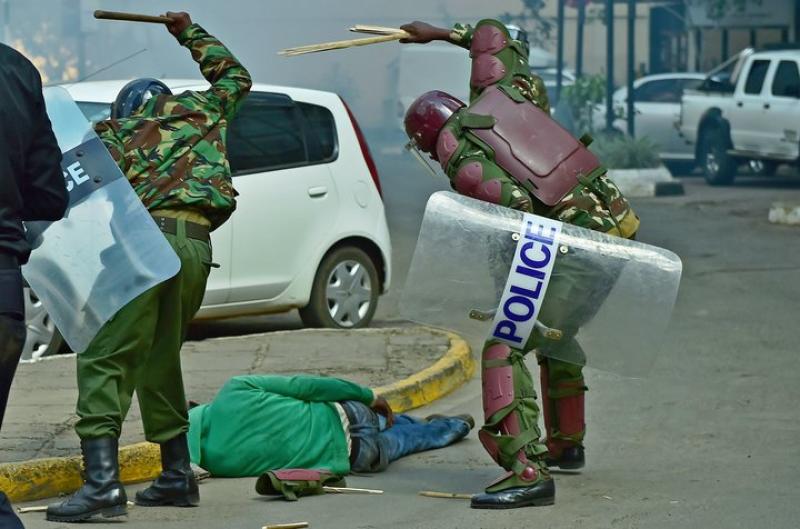×
The Standard e-Paper
Join Thousands Daily

Complaints against police officers have been rising since the establishment of the Independent Policing Oversight Authority (IPOA) in 2011.
According to a document presented by the authority to the Senate Committee on Justice and Legal Affairs yesterday, complaints against the force have increased by 83.4 per cent from 594 in 2012 to 3,583 in 2021.